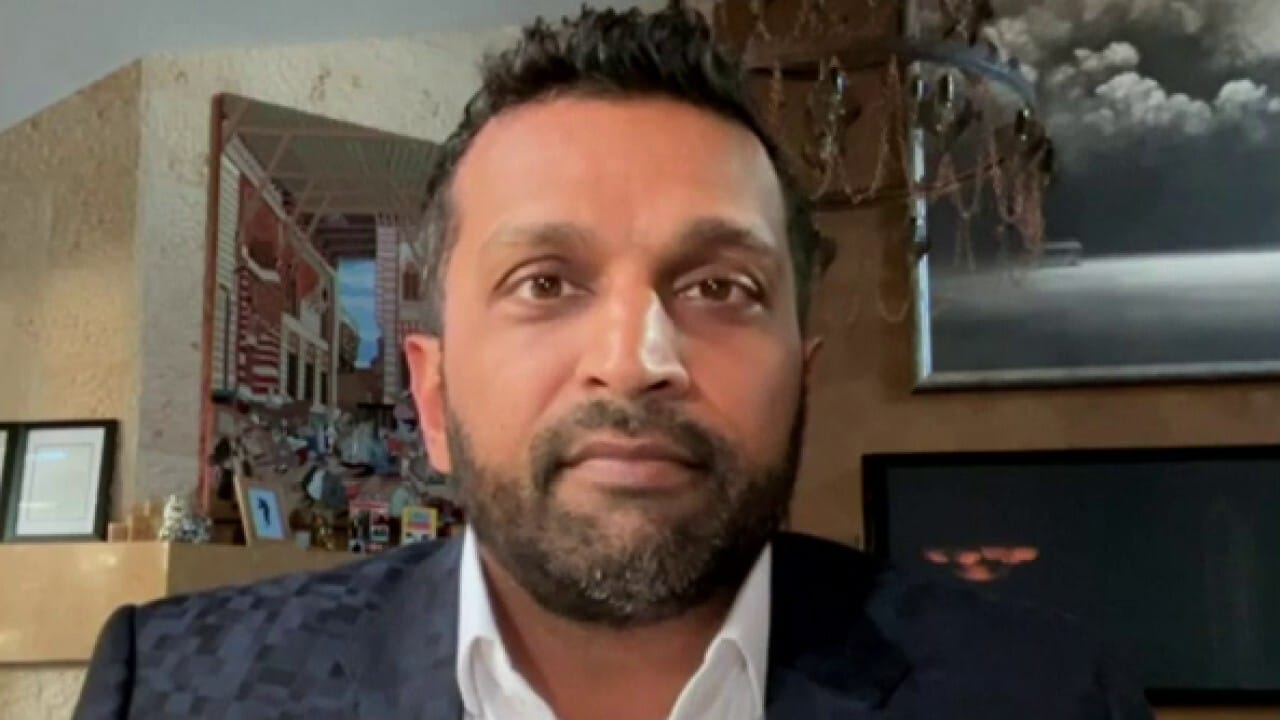In a bold diplomatic initiative, Ukrainian President Volodymyr Zelensky has put forth a proposal to exchange captured North Korean soldiers for Ukrainian military personnel currently detained in Russia. This unexpected offer comes at a time when the geopolitical landscape is fraught with tension, particularly in light of the ongoing conflict in Ukraine and the strained relations between North Korea and the international community.
The proposal was made public during a recent press conference, where Zelensky emphasized the humanitarian aspect of the exchange. He stated that the primary goal of this initiative is to secure the release of Ukrainian soldiers who have been captured during the ongoing conflict with Russia. By offering to release North Korean soldiers, Zelensky aims to create a pathway for negotiations that could lead to the safe return of Ukrainian personnel.
The context of this proposal is critical to understanding its potential impact. The war in Ukraine, which began in 2014 and escalated significantly in 2022, has resulted in numerous casualties and the capture of soldiers on both sides. As the conflict continues, the plight of captured soldiers has become a pressing issue for families and the nation as a whole. Zelensky’s offer reflects a broader strategy to address these humanitarian concerns while also navigating the complex web of international relations.
North Korea’s involvement in this situation adds another layer of complexity. The country has historically maintained a contentious relationship with the West, and its military personnel have been involved in various international conflicts. The presence of North Korean soldiers in Ukraine, whether as combatants or advisors, raises questions about the nature of their involvement and the implications of their potential release. Zelensky’s proposal could be seen as an attempt to leverage this situation to gain a strategic advantage in negotiations with Russia.
The response from North Korea to Zelensky’s offer remains to be seen. The North Korean government has not publicly commented on the proposal, and it is unclear how they would react to the idea of exchanging their soldiers for Ukrainian captives. Given North Korea’s history of isolationism and its reluctance to engage with Western nations, the likelihood of a positive response is uncertain. However, the proposal could open a dialogue that may lead to further discussions on humanitarian issues and the treatment of captured soldiers.
From Russia’s perspective, the exchange proposal presents a unique challenge. The Russian government has been known to use captured soldiers as leverage in negotiations, and the prospect of exchanging Ukrainian soldiers for North Korean personnel could complicate their strategy. Russia’s response to Zelensky’s offer will likely depend on their assessment of the situation and their willingness to engage in negotiations that could lead to the release of Ukrainian soldiers.
The international community is closely monitoring this development, as it could have far-reaching implications for the ongoing conflict in Ukraine and the broader geopolitical landscape. The proposal highlights the intricate nature of diplomacy in times of war, where humanitarian concerns often intersect with strategic interests. As nations grapple with the consequences of the conflict, Zelensky’s initiative may serve as a catalyst for further discussions on the treatment of prisoners of war and the need for humanitarian solutions.
In conclusion, President Zelensky’s proposal to exchange captured North Korean soldiers for Ukrainian soldiers held in Russia represents a significant diplomatic maneuver in the context of the ongoing conflict in Ukraine. While the outcome of this proposal remains uncertain, it underscores the complexities of international relations and the pressing need for humanitarian solutions in times of war. As the situation unfolds, the world will be watching closely to see how this initiative impacts the lives of those affected by the conflict and the broader geopolitical dynamics at play.


